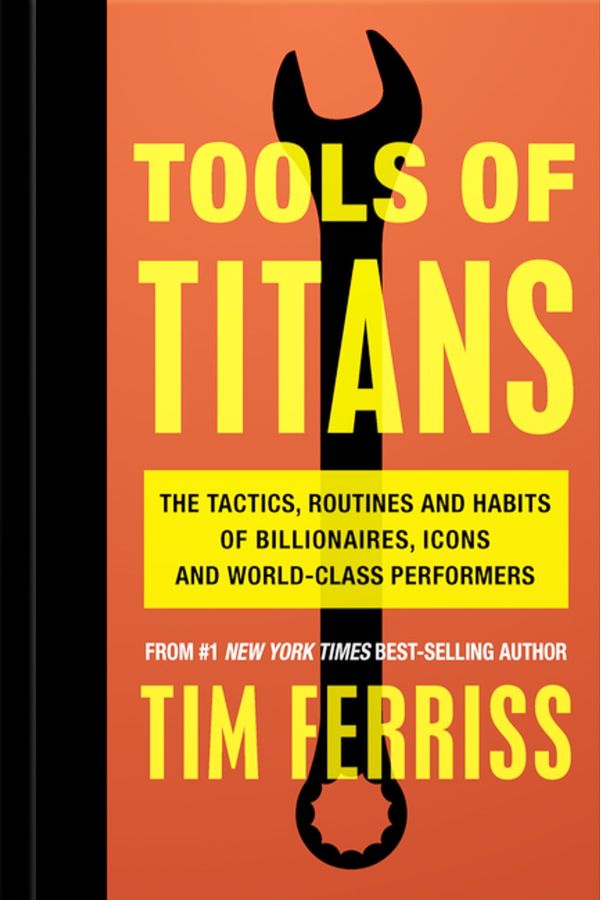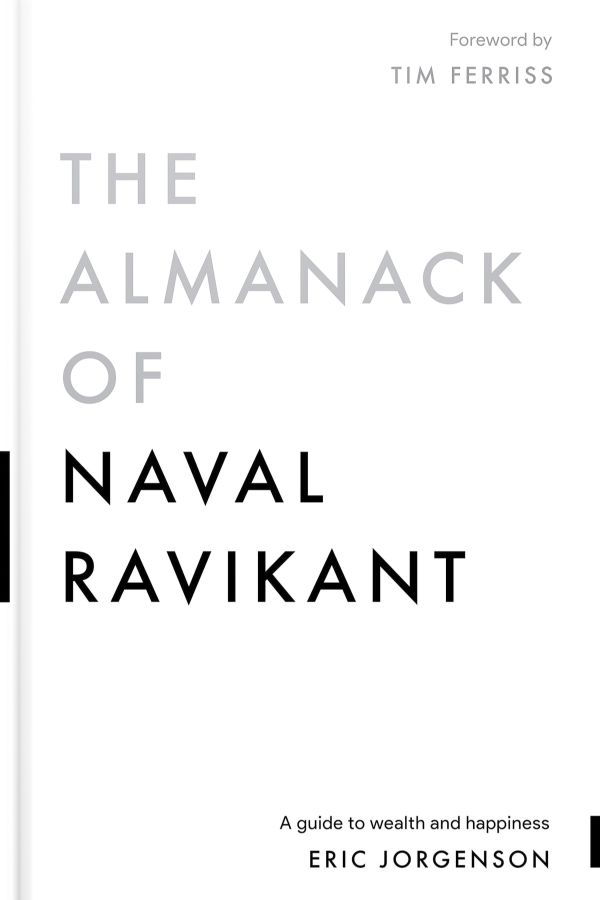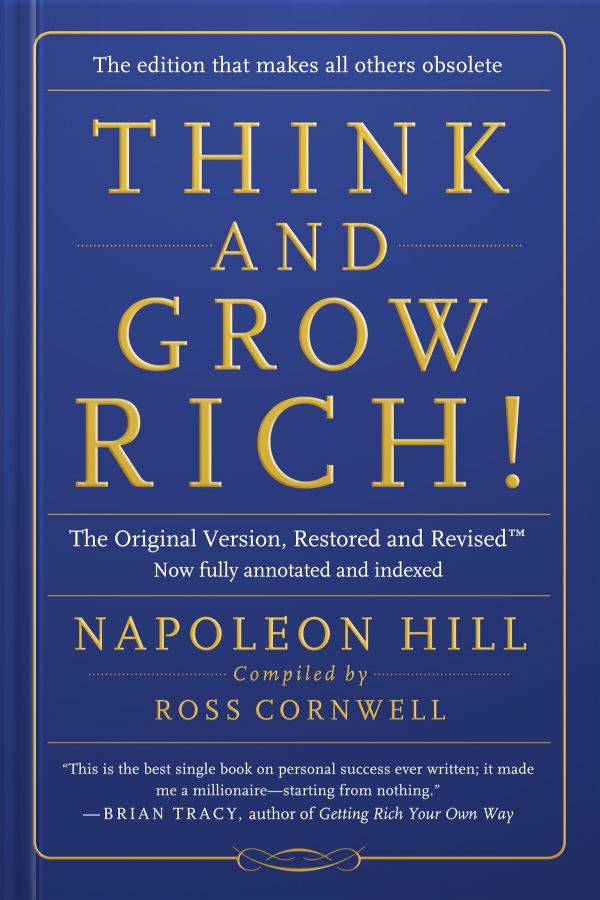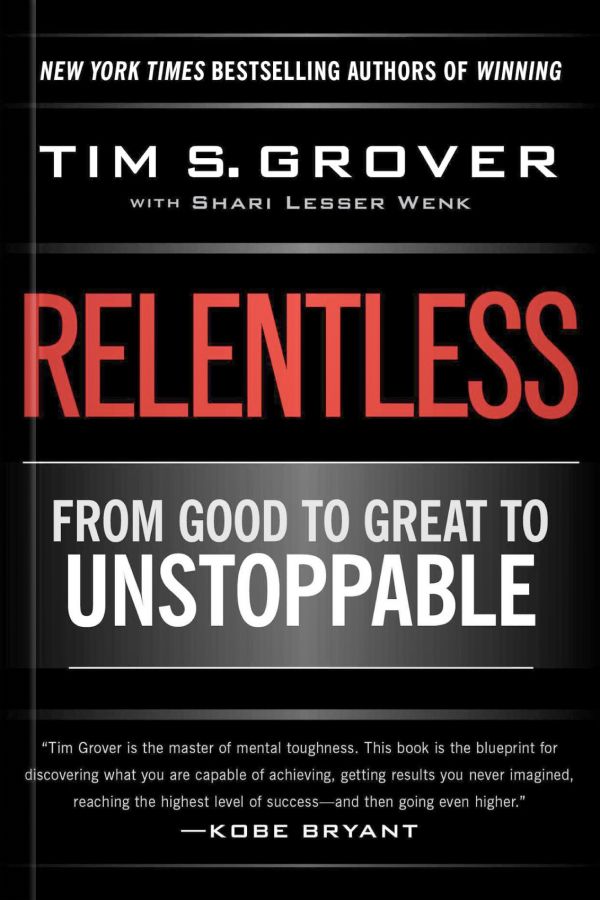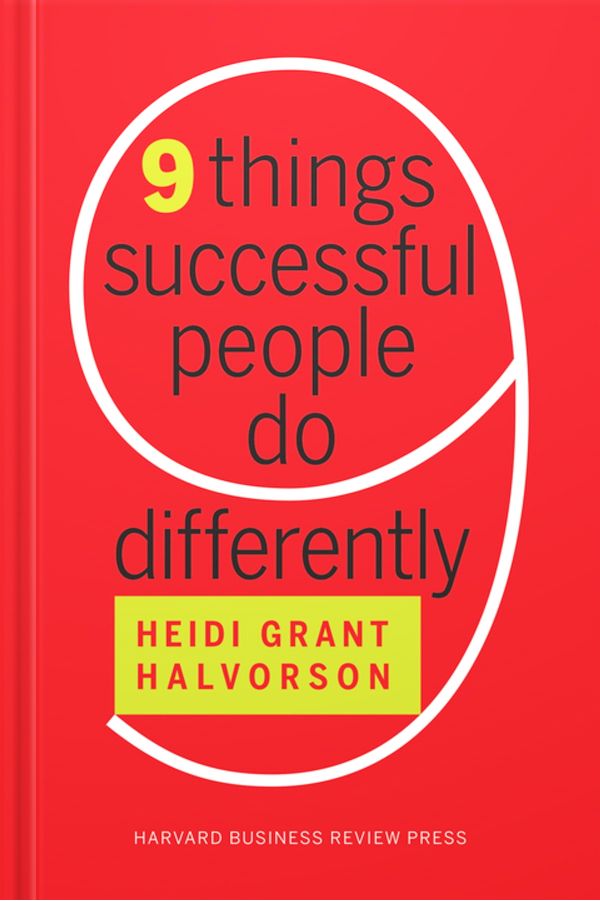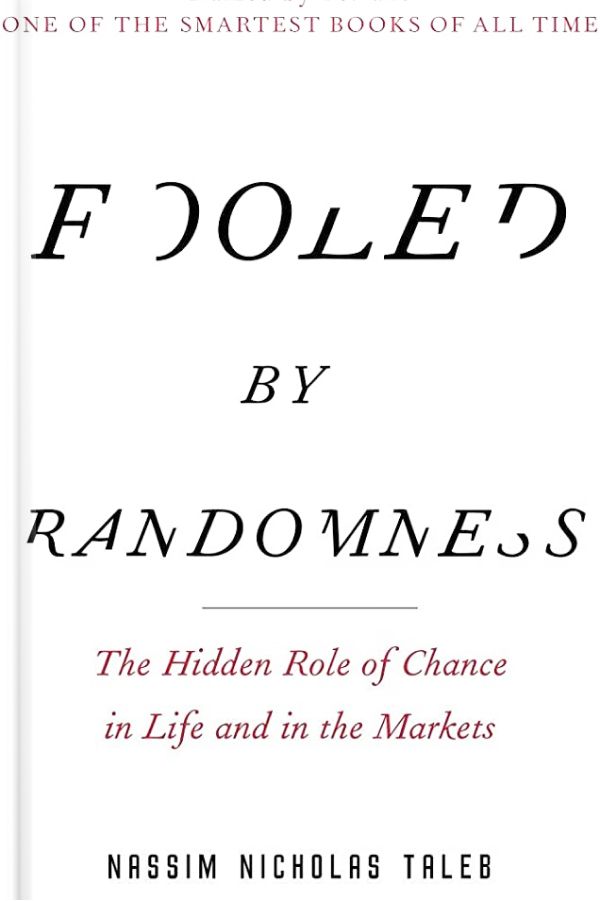
Philosophy
Fooled by Randomness by Nassim Nicholas Taleb
1. The Power and Blindness of Narratives
Taleb posits that narratives, while powerful, are inherently blind to randomness.
Journalists, whose job is to make sense of the world, often neglect the randomness factor, leading to potentially harmful outcomes.
As Taleb quips:
"Being poor < Being wrong."
To maintain their positions, journalists (and, by extension, all storytellers) often overlook randomness's role in shaping events.
2. Ubiquitous Role of Luck (Randomness)
Taleb encourages us to consider how luck permeates everything, especially in fields where success is not as deterministic as dentistry, such as acting, trading, or writing.
For instance, a skilled dentist will likely succeed in most future scenarios, while a professional actor, trader, or author might only grow in a small fraction of the potential future.
Luck, thus, plays a significant role, and those who come across good luck will likely gain attention, with their success being inaccurately attributed to skill over luck.
3. Emphasis on Process Over Outcome
Taleb argues that due to the significant influence of luck on outcomes, our focus should be on the processes leading to our decisions rather than the products themselves.
This shift in focus frees us from the fruitless pursuit of controlling outcomes. It allows us to invest our energy in refining our decision-making process, the only aspect within our control.
4. Balancing Probabilities and Payoffs
We tend to focus on probabilities in many decisions, neglecting the payoff. However, Taleb points out that probabilities and payoffs should be considered equally.
Even if there's a 99.9% chance of success, the risk might outweigh the reward if failure leads to ruin.
Conversely, an uncapped payoff could make pursuing a venture worthwhile even if success is unlikely.
5. Skill as Downside Protection
Lastly, Taleb discusses the role of skill as a shield against the downside.
The skill lies in doing everything possible to limit the downside while allowing luck to enhance the upside.
This principle can be applied in various aspects of life, including financial planning.
Secure an emergency fund, get insurance, and don't rely on stock market gains – these are all skill-based actions.
Once established, you can take calculated risks that rely more on luck, like investing or entrepreneurship.
In summary, "Fooled by Randomness" is a study on the underappreciated role of randomness in our lives. Taleb invites us to acknowledge this randomness, adapt our decision-making process accordingly, and protect ourselves against its downsides while making room for serendipitous benefits.

















